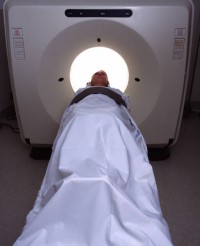
If you are diagnosed with cancer, take a deep breath and follow these 6 steps:
1. Don’t panic. Cancer is not the death sentence it once was. Amazing advances are being made in cancer treatment that offer real hope. With the right treatment, your chances of beating cancer and living a long and happy life have never been better.
2. Knowledge is power. Learn everything you can about the type of cancer you have and the treatments available. While traditional Western medicine is beginning to embrace the benefits of integrative immunotherapy and other alternative cancer treatments, many physicians still cling to the old surgery-chemotherapy-radiation treatment trio. There are non-toxic treatment options and advanced targeted therapies available today that, for many patients, have proven to be more effective than traditional treatments.
3. Get a second opinion. Misdiagnosis and false positives have contributed to a culture of cancer overtreatment in the U.S. Get a second opinion to confirm your diagnosis and explore the complete range of treatment options.
4. Find the right cancer team. Choose a cancer team that takes a holistic approach to cancer treatment and will care for your physical, mental and emotional well-being.
5. Ask questions. The more you know and understand about the progress of your cancer and treatment, the more prepared you will be to cope with necessary changes to your daily life.
6. Strengthen your immune system. Your body’s natural defense against disease, your immune system plays a vital role in fighting cancer. Keeping your immune system strong with a healthy diet, regular exercise, adequate sleep and attention to other medical conditions can give your body the strength it needs to battle cancer. Issels integrative cancer treatment further boosts the immune system and has proven effective in fighting advanced and standard therapy-resistant cancers.





